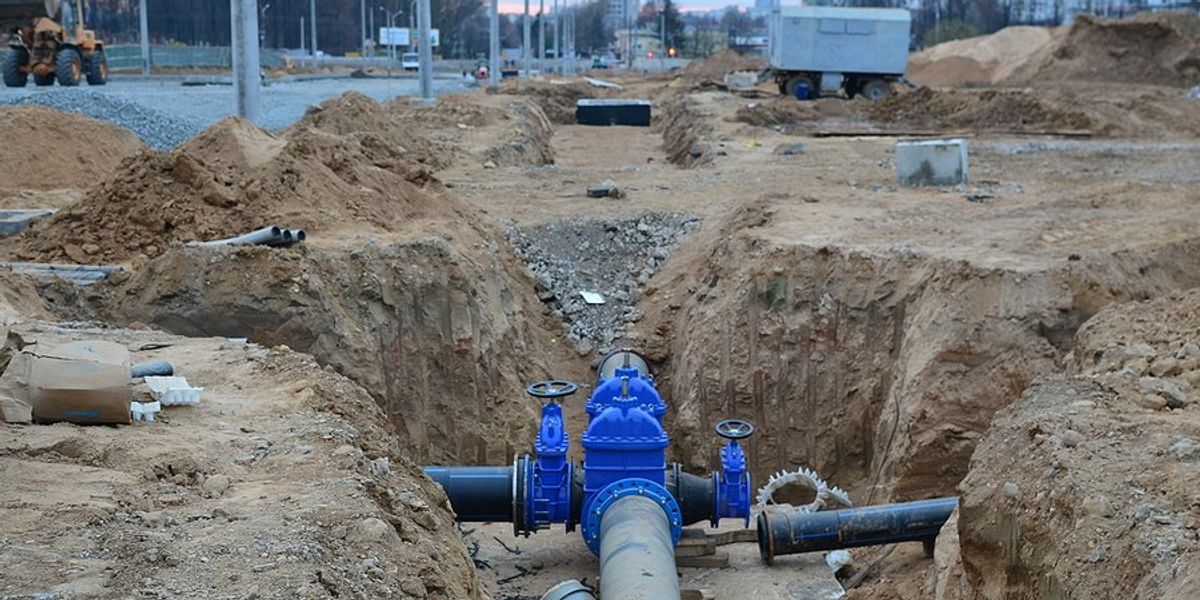pm 2.5
Industrial plant emissions linked to health hazards, study reveals
A recent study highlights the severe health and economic impacts of flaring and venting at industrial plants, including premature deaths and exacerbated asthma cases.
In short:
- Flaring and venting activities at industrial plants are causing significant health issues, including asthma exacerbations in children and about 710 premature deaths annually.
- The study, involving researchers from Boston University and others, found that these practices cost the U.S. approximately $7.4 billion each year in health damages.
- Texas, Pennsylvania, and Colorado are the top states affected by these emissions, impacting nearly half a million Americans living close to oil and gas facilities.
Key quote:
“We know that PM 2.5 is bad for health, we know that ozone is bad for health, but to see the amount of asthma exacerbations that were attributed to nitrogen dioxide, I think that was surprising to us.”
— Erin Polka, a doctoral student in the Department of Environmental Health at Boston University’s School of Public Health
Why this matters:
Industrial plant emissions are a significant concern for both environmental health and public well-being, contributing to a range of issues that affect ecosystems, air quality, and human health. In 2020, researchers linked air pollution from burning off excess natural gas to preterm births for babies, with the most pronounced impacts among Hispanic families.
Nearly everyone is exposed to unhealthy levels of tiny air pollutants, study says
‘We want to live. They want to burn trash’: Chester residents raise environmental racism concerns over incinerator with Covanta
New research links air pollution to higher coronavirus death rates
Connecticut experts offer tips to help cut wood-smoke pollution from fireplaces, stoves
There's nothing like a cozy wood fire on a cold winter night, but state experts say people need to use “best burn" precautions to limit wood smoke pollution.



















